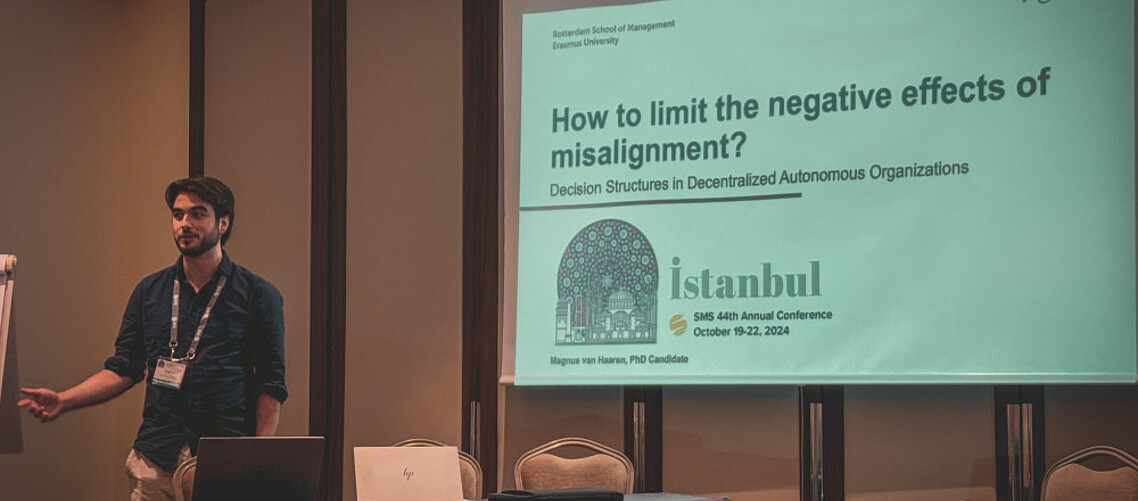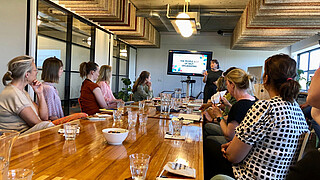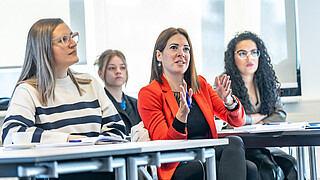Magnus van Haaren is two and a half years into his PhD research, where his collaboration with Helge Klapper exemplifies how research can bridge institutions and continents. Their work explores a fundamental challenge in modern organisations: how to foster participation and alignment without relying on traditional managerial authority. They examine how decision-making structures can effectively coordinate collective action, even when individual preferences don't fully align with organisational outcomes.
Agreeing but disagreeing
Magnus and Helge examine how organisations handle situations where members share overarching goals but differ in their preferences for specific decisions, such as resource allocation or project prioritization. "When individual preferences diverge from organisational decisions, we often see decreased participation and higher turnover," Magnus explained. "Our research shows that decision structures that involve voting mechanisms can address these challenges without defaulting to hierarchical control."
Misalignment: a deterrent to participation
Their research covers extensive real-world data covering voting behaviour in Decentralized Autonomous Organizations (DAOs) that manage billions in treasury assets. The dataset, involving the Snapshot protocol, includes thousands of organisations and millions of votes across diverse governance proposals. The analysis revealed that misalignment in organisations deters members from participating. However, voting structures may address misalignment; such structures include weighted voting, which allows members to express preference strength, or quadratic voting, which limits disproportionate influence, although more research is needed to fully understand their impact.
These decision structures serve a dual role: they aggregate member preferences and influence future behaviour. The findings provide mechanisms that other organisations can adopt, creating systems that foster alignment without rigid authority. This paves the way for new methods of aggregating individual preferences into organisational decisions.
Tested voting mechanisms
For businesses and other organisations, their work provides tested voting mechanisms that are ready for decentralised environments so that organisations can improve participation and fairness. For academics, this research contributes empirical depth to the study of decentralised decision-making and how to address misalignment while preserving autonomy. These are key areas in management strategy and organisational design.
The paper is undergoing additional revisions for submission to top management journals. “Next, we’re interested in exploring the potential of agentic AI in decentralized decision-making,” Magnus noted. "We're open to further collaboration with developers who are exploring how AI agents can enhance participation by representing members' preferences in voting decisions, helping to encourage active involvement and address low participation thresholds."




